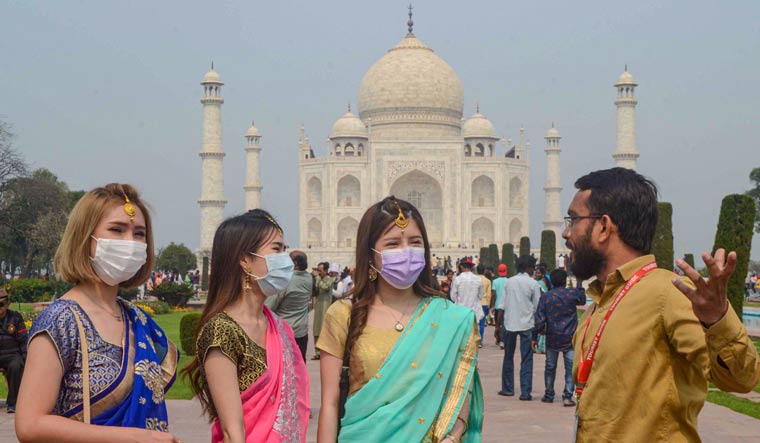The Central government is planning to add tourism to the Concurrent List of the Constitution. The Ministry of Tourism has initiated the move, originally a proposal from the parliamentary standing committee on tourism headed by Rajya Sabha MP T.G.Venkatesh.
The move could particularly benefit the COVID-plagued hotel industry in the country as it could lead to rationalisation of property and other taxes, getting industry status across the board, as well as lower rates on electricity and water. Presently, these local charges come under the purview of states.
But this could also very well lead to another Centre vs states skirmish, and allegations of yet another attempt by the Modi government to encroach into the powers and authority of states. Technically, "tourism" is not designated in the state or union list, so many of the local laws and levies that apply to it are administered by state and district administrations.
It could be of particularly high sensitivity in opposition-ruled states like Kerala, where tourism is one of the biggest revenue earners.
“Being in concurrent list is not seen as taking away the powers of the state,” argues M.P.Bezbaruah, Secretary-General of the Hotel Association of India, “Like other subjects on the Concurrent List, this will enable the centre to bring in harmonious policies for the betterment of tourism in consultation with the states.”
The move by the tourism ministry follows a recommendation by the parliamentary standing committee on tourism. In its action taken report tabled in parliament on Tuesday, the committee noted that “the proposed measure will provide a level playing field to all the hotels which have been badly hit by the ongoing COVID-19 pandemic.”
Including tourism in the concurrent list has been a long-pending demand of the organised hospitality industry, with the CII putting it in its wish-list for this year’s budget. Explains Bezbaruah, “It will make coordination better and give de jure recognition to what is being de facto tried by the government. This could result in positive impact like tourist arrivals.”





